Public Health Research at Drexel Dornsife: Urban Health, Global Impact
Social inequalities in health remain a major challenge for societies around the globe. Drexel University's Dornsife School of Public Health is committed to understanding the drivers of health disparities, investigating the possible interventions to reduce those disparities, and working with partners to eliminate them. Our school views social justice as critical to population health.
All of Dornsife's public health research has a community component to it. Co-created research projects result in co-created solutions to public health problems that are ultimately more sustainable and have more community investment.
The growth of research at Drexel Dornsife is one of the School’s defining features, with research expenditures more than tripled in the last ten years. Overall, Drexel University maintains an R1 Carnegie Classification.
Public Health Research Resources
Drexel Dornsife has a diverse research portfolio in areas of population health including urban health, health disparities, translation of evidence into practice and policy, and health and human rights. Learn more about our research centers, interests and activities.
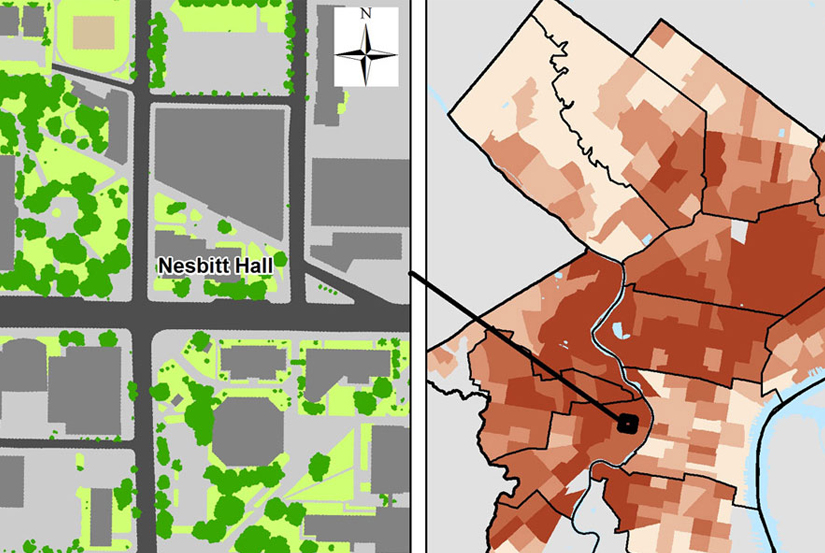
Centers and Programs
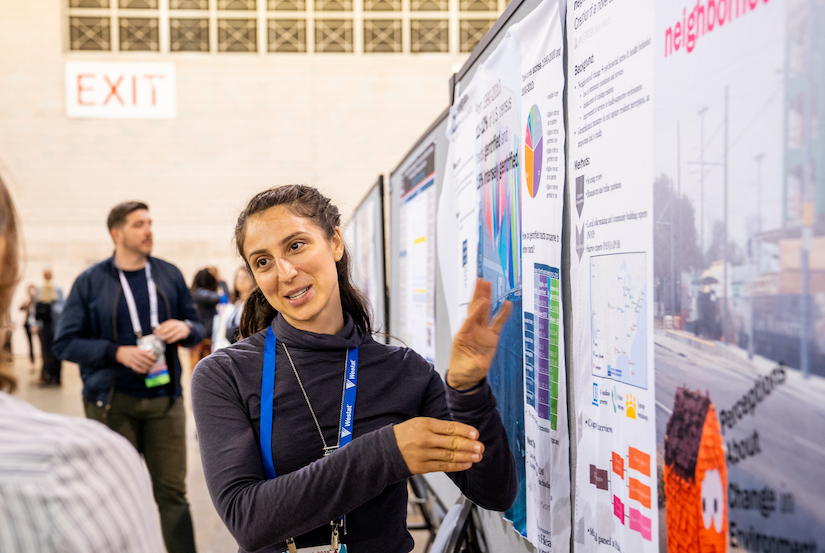
Faculty Research Interests

Faculty Grants and Announcements
Dornsife Research Expertise
Learn more about how Dornsife, both locally and globally, is building partnerships and focusing on health in cities.
Research Partnerships

Dornsife research is elevated by our partnerships with other exceptional local and international organizations. Learn more about our alliances.
Read more
Urban Health

By 2050, cities will be home to two-thirds of the world’s population. Learn about the work of Dornsife's Urban Health Collaborative.
Read more
Featured Public Health Research Topics
Below are two featured areas of research that reinforce Dornsife's commitment to the three goals of generating the best scientific evidence, putting it into practice, and promoting equity and social justice.
Maternal & Child Health
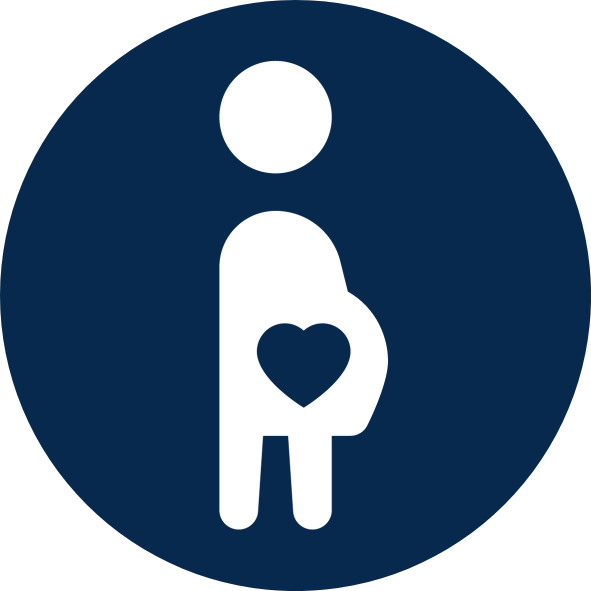
Our Maternal and Child Health Program strives to improve the health of families through education and research.
Learn more
Climate Change

SALURBAL-Climate addresses a critical need for evidence linking climate change to health impacts across Latin America.
Learn more
Faculty Research Highlight
Dornsife is fortunate to have among our faculty many experienced public health practitioners, and many researchers focused on generating policy relevant evidence. Evidence and action are two sides of the same coin, reinforcing and informing each other continuously to improve population health and eliminate health disparities.

Ana V. Diez Roux, MD, PhD, MPH, Director of the Urban Health Collaborative (UHC) and Distinguished University Professor of Epidemiology, and Usama Bilal, MD, PhD, MPH, Co-Director of the UHC and Associate Professor in the Department of Epidemiology and Biostatistics, have been appointed as Co-Editors-in-Chief of the Journal of Urban Health.
Latest Public Health Research News
Dornsife researchers show the value of public health by addressing current and emerging issues facing the world today. Read about our research and activities making news locally, nationally and globally.
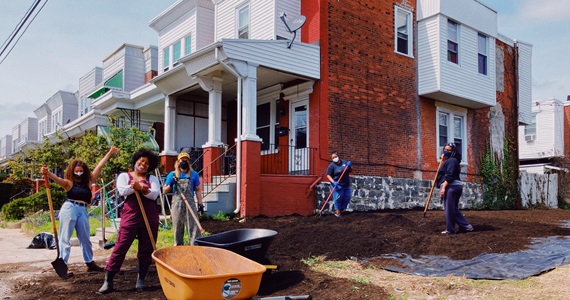
A new scale measuring agricultural community power developed by, for, and with U.S.-based urban growers provides a framework for assessing the impacts of urban agriculture programming.

The Promise Zone Research Connection hosted its inaugural West Philly Research Day which aimed to connect research institutions, local organizations and community members to engage in meaningful conversations to promote mutually beneficial outcomes of research for community residents.
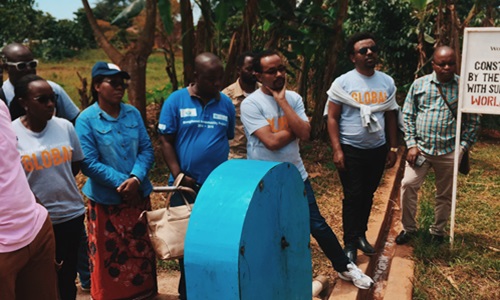
This academic year marks 10 years of a collaboration to train future global public health leaders and empower frontline workers through innovative programs that blend academic rigor with real-world practice.

New research found that having supportive parents who value a girl’s education and having a close female friend may lower the risk of postpartum depression among adolescents in Nairobi, Kenya.

A SALURBAL-Climate paper published recently in Nature Cities sheds light on large inequities in flood exposure within 276 cities in eight Latin American countries. The research, led by Josiah Kephart PhD, MPH, an assistant professor at the Drexel University Urban Health Collaborative, and a team of investigators from Latin America.

A recent study suggests that New Jersey's bail reform policy was able to lower rates of jail incarceration without exacerbating the crisis of fatal intimate partner violence.

How has the rise of micromobility globally and nationally created challenges and opportunities for Philadelphia and other cities to make wise investments for safer streets?
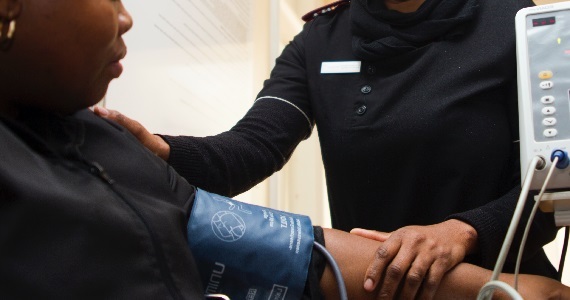
A new study looks at the direct primary care model and what its growth might suggest for the future of healthcare.

A recent PZRC report highlights recommendations that Philadelphia and other Institutional Review Boards can do to ensure the research they oversee is ethical and beneficial to the communities they study.